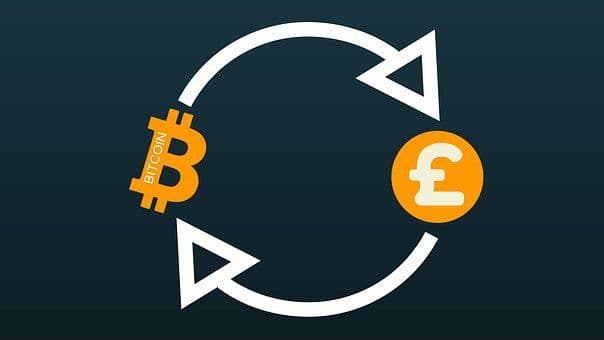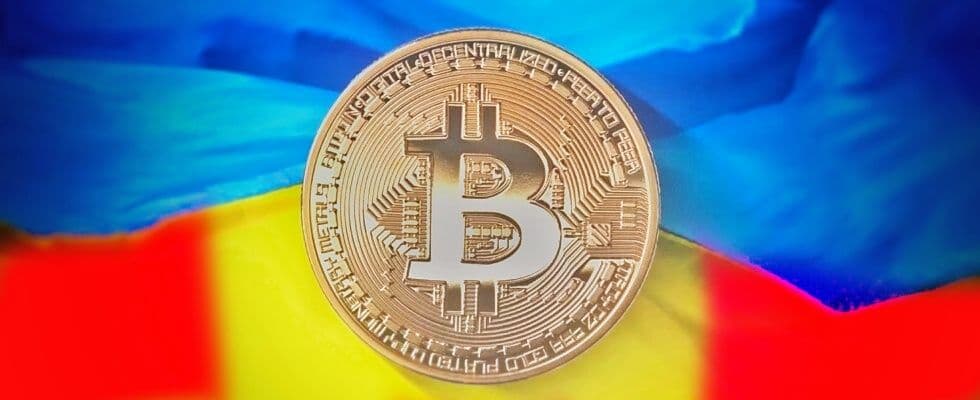US Judge Orders Hacker To Pay Bail In Crypto
US judge Alex G. Tse has ordered an accused hacker Martin Marsich to pay the approximate of $750,000 in cryptocurrency for bail.

US judge Alex G. Tse has ordered an accused hacker Martin Marsich to pay the approximate of $750,000 in cryptocurrency for bail. Martin illegally accessed the network of popular gaming company Electronic Arts (EA). He was arrested in San Francisco National Airport on Aug. 8 when he was trying to board a flight to Serbia, reported the United States Attorney Office.
According to the affidavit, on March 25, 2018, a gaming company Electronic Arts (EA).situated in the Bay Area found that an attacker had illegally compromised its internal computer network and gained access to parts of the company’s computers. He was later identified as Marsich who gained access to 25,000 accounts that enable clients to purchase items for use in video games.
Not only this, Marsich also used some of the data he gathered from the computer system to obtain in-game currency and used to buy and sell in-game products. The complaint further mentions that Marsich sold the gained information and access details on the dark world websites. After detecting the intrusion, the company deactivated the stolen accounts and suffered a loss of approximately $324,000.
The United States Attorney Office’s website stated that,
The complaint charges Marsich with intentionally accessing a protected computer without authorization to obtain information for the purposes of commercial advantage and private financial gain, in violation of 18 U.S.C. § 1030(a)(2)(C) and (c)(1)(B)(i), and accessing a protected computer to defraud and obtain anything of value, in violation of 18 U.S.C. § 1030(a)(4).
Marsich, 25, last known location was in Udine, Italy and he also possessed passports from both Serbia and Italy was arrested at San Francisco International Airport and made his initial appearance in federal court in San Francisco on Thursday, August 9, 2018. US Judge Corley granted him bail on the condition that he post the equivalent of $750,000 in cryptocurrency for bail. Marsich’s next court appearance will be on August 13, 2018, to confirm the posting of the cryptocurrency and to set further dates in the case, ordered US Judge Corley.
Marisch’s case seems to be the first event of someone paying for bail in cryptocurrency. Hacking is not nice regardless of the reason. Hackers mainly hack for information, usually financial data or login credentials. In most hacking cases, attackers install a malware program on targeted systems and accepts information back. In some other cases, such as phishing, hackers may replace website’s“pay now” link with a link to their site and steal money. Some hackers after hacking websites demand Ransomware often between 0.3 and 1 Bitcoins.
Hackers can do anything if they find vulnerabilities in computer system. Few days ago, cybersecurity firm Sophos had released a research paper which stated that hackers have created a SamSam ransomware and they have earned more than US$5.9 Million since 2015. SamSam ransomware uses a brutally minimalist, manual approach to target and compromise victims. In this attack hackers use different built-in Windows tools to escalate their own privileges, then scan the network for valuable targets. They want username/passwords whose privileges will let them copy their ransomware payload to every machine – servers, endpoints, or whatever else they can get their hands on.
Hackers also love cryptocurrency because it gives major advantage for cybercriminals. It operates as a decentralised currency, in which people pay each other without a middleman like a bank or credit card company and because of that it provides a lot of anonymity. Hacking is a dangerous world and according to an indictment published by the US Department of Justice, the Russian hackers who carried out the 2016 hacks of the Democratic National Committee and Clinton campaign used Bitcoin to hack the US 2016 elections. They used more than $95,000 worth of Bitcoin and other cryptocurrencies to fund their campaigns. They also mined their own bitcoin to use that money in different ways such as to pay a Romanian company to set up the website dcleaks.com using a payment processing company situated in US to show that the website had been set up in USA.
In case of Marsich, a complaint has alleged that crimes have been carried out , and all defendants are presumed innocent until proven guilty beyond a reasonable doubt. If convicted, Marsich may face a maximum sentence of five years’ imprisonment, and a fine of $250,000, plus restitution if appropriate for each violation. Assistant U.S. Attorney Susan Knight is prosecuting the case with the assistance of Elise Etter.
The complaint also stated that
However, any sentence following conviction would be imposed by the court after consideration of the U.S. Sentencing Guidelines and the federal statute governing the imposition of a sentence, 18 U.S.C. § 3553.
Follow us on Twitter, Facebook, Steemit, and join our Telegram channel for the latest blockchain and cryptocurrency news.





























